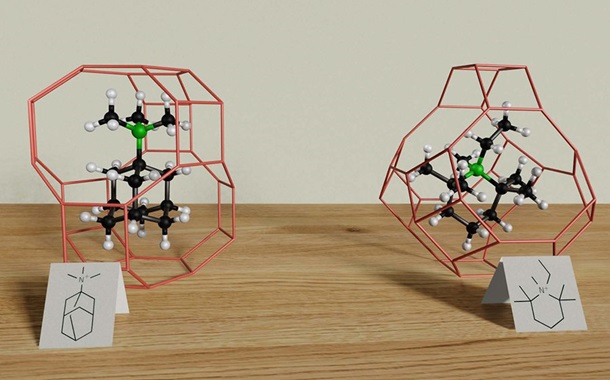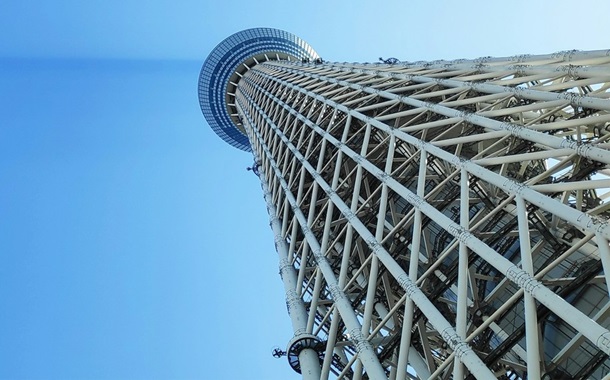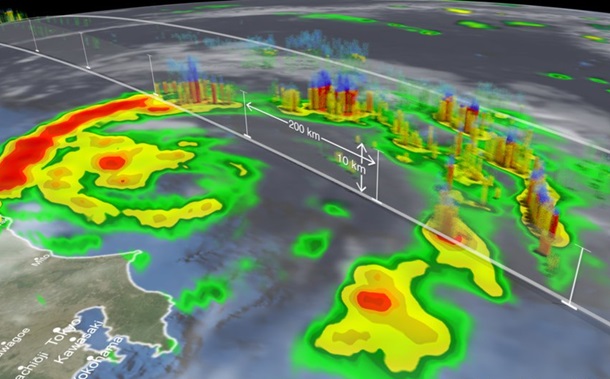Tourist Destination Recommendations Using Deep Learning
Downloads
Personalized tourist attraction recommendations present a challenging problem in intelligent travel planning. Bangkok, the capital of Thailand, is a popular tourist destination offering a convenient metro system that enables travelers to plan their journeys easily. Leveraging this infrastructure, this study proposes a deep learning-based model designed to classify tourists into five categories: Nature Tourists, Cultural Tourists, Shopping Tourists, Historical Tourists, and Industrial Tourists. The model employs Neural Collaborative Filtering (NCF), utilizing deep neural networks to capture complex, non-linear patterns between users and destinations, surpassing the limitations of traditional matrix factorization methods. It integrates both user-related data, such as tourists’ opinions on destinations, and location-based data from the attractions themselves. To evaluate the model, data were collected from 30 stations along Bangkok's Pink Line, covering the northern part of the city and Nonthaburi province, and 31 tourist attractions along the route. Experimental results demonstrate high classification accuracy across tourism types: 96.26% for Nature Tourists, 80.59% for Cultural Tourists, 93.78% for Historical Tourists, 70.35% for Industrial Tourists, and 97.66% for Shopping Tourists. Furthermore, the study proposes three optimized travel routes tailored to tourist preferences: one for Nature and Cultural Tourists, another for Cultural Tourists, and a third for Historical and Cultural Tourists. By categorizing tourists based on their interests and recommending destinations accordingly, the model supports more informed and personalized travel decision-making. However, this current study serves as a prototype model and can be further applied to problems related to public transportation systems, such as deployment in mobile applications and integration with GPS positioning systems to enhance convenience and accuracy in providing tourist destination recommendations.
Downloads
[1] Martín, C. A., Torres, J. M., Aguilar, R. M., & Diaz, S. (2018). Using deep learning to predict sentiments: Case study in tourism. Complexity, 7408431. doi:10.1155/2018/7408431.
[2] Wang, Y., Chu, C., & Lan, T. (2022). Sentiment Classification of Educational Tourism Reviews Based on Parallel CNN and LSTM with Attention Mechanism. Mobile Information Systems, 6177427, 1–13. doi:10.1155/2022/6177427.
[3] Li, Q., & Zhang, Y. (2022). Design and Implementation of Smart Tourism Service Platform from the Perspective of Artificial Intelligence. Wireless Communications and Mobile Computing, 3501003, 1–12. doi:10.1155/2022/3501003.
[4] Du, J. (2021). Research on Intelligent Tourism Information System Based on Data Mining Algorithm. Mobile Information Systems, 5727788, 3-10. doi:10.1155/2021/5727788.
[5] Sun, X. (2024). Smart Tourism: Design and Application of Artificial Intelligence-Assisted Tourism Service Recommendation Algorithms. Journal of Electrical Systems, 20(9), 728–735.
[6] Mu, L., Guo, Q., & Yang, L. (2025). Revolutionizing Hospitality: Unraveling the Transformative Potential of Big Data in Tourism and Hotel Management. HighTech and Innovation Journal, 6(1), 201–215. doi:10.28991/HIJ-2025-06-01-014.
[7] Damos, M. A., Xu, W., Zhu, J., Ahmed, A., & Khader, A. (2025). An Efficient Tourism Path Approach Based on Improved Ant Colony Optimization in Hilly Areas. ISPRS International Journal of Geo-Information, 14(1), 14–34. doi:10.3390/ijgi14010034.
[8] Sirirak, W., & Pitakaso, R. (2018). Marketplace location decision making and tourism route planning. Administrative Sciences, 8(4), 1–25. doi:10.3390/admsci8040072.
[9] Qi, J., & Wang, Q. (2022). Tourism Route Selection Model for Tourism Sustainable Development Based on Improved Genetic Algorithm. International Transactions on Electrical Energy Systems, 4287011, 1–10. doi:10.1155/2022/4287011.
[10] Cao, S. (2022). An Optimal Round-Trip Route Planning Method for Tourism Based on Improved Genetic Algorithm. Computational Intelligence and Neuroscience, 7665874, 1–8. doi:10.1155/2022/7665874.
[11] Lu, B., & Zhou, C. (2022). Particle Swarm Algorithm and Its Application in Tourism Route Design and Optimization. Computational Intelligence and Neuroscience, 6467086, 1–11. doi:10.1155/2022/6467086.
[12] Sun, H., Chen, Y., Ma, J., Wang, Y., Liu, X., & Wang, J. (2022). Multi-Objective Optimal Travel Route Recommendation for Tourists by Improved Ant Colony Optimization Algorithm. Journal of Advanced Transportation, 6386119, 1–14. doi:10.1155/2022/6386119.
[13] Yu, N., & Chen, J. (2022). Design of Machine Learning Algorithm for Tourism Demand Prediction. Computational and Mathematical Methods in Medicine, 6352381, 1–9. doi:10.1155/2022/6352381.
[14] Wang, B., Wu, P., Chen, Q., & Ni, S. (2021). Prediction and Analysis of Train Passenger Load Factor of High-Speed Railway Based on LightGBM Algorithm. Journal of Advanced Transportation, 9963394, 1–10. doi:10.1155/2021/9963394.
[15] Camatti, N., di Tollo, G., Filograsso, G., & Ghilardi, S. (2024). Predicting Airbnb pricing: a comparative analysis of artificial intelligence and traditional approaches. Computational Management Science, 21(1), 21–30. doi:10.1007/s10287-024-00511-4.
[16] Yang, L., & Dong, X. (2022). Research on the Development Model of Rural Tourism Based on Multiobjective Planning and Intelligent Optimization Algorithm. Journal of Advanced Transportation, 6219438, 1–12. doi:10.1155/2022/6219438.
[17] Wang, W., Cheng, S., Chen, Z., & Liu, K. (2022). Classification of Rural Tourism Features Based on Hierarchical Clustering Analysis Knowledge Recognition Algorithm. Mathematical Problems in Engineering, 2956020, 1–8. doi:10.1155/2022/2956020.
[18] Xiao, H. (2022). Algorithm of Apriori-Based Rural Tourism Driving Factors and Its System Optimization. In Mobile Information Systems, 3380609, 1–9. doi:10.1155/2022/3380609.
[19] Jiang, R., & Dai, B. (2024). Cultural tourism attraction recommendation model based on optimized weighted association rule algorithm. Systems and Soft Computing, 6. doi:10.1016/j.sasc.2024.200094.
[20] Li, C., & Lyu, S. (2022). Machine Learning-Based Classification and Evaluation of Regional Ethnic Traditional Sports Tourism Resources. Mobile Information Systems, 8404931, 1–9. doi:10.1155/2022/8404931.
[21] Luo, W., & Zhang, L. (2022). Question Text Classification Method of Tourism Based on Deep Learning Model. Wireless Communications and Mobile Computing, 4330701, 1–9. doi:10.1155/2022/4330701.
[22] Chenghu, C., & Thammano, A. (2024). A Novel Classification Model Based on Hybrid K-Means and Neural Network for Classification Problems. HighTech and Innovation Journal, 5(3), 716–729. doi:10.28991/HIJ-2024-05-03-012.
[23] Xiao, M., Zhou, Q., Zhang, Z., & Yin, J. (2024). Real-Time Intrusion Detection in Power Grids Using Deep Learning: Ensuring DPU Data Security. HighTech and Innovation Journal, 5(3), 814–827. doi:10.28991/HIJ-2024-05-03-018.
[24] Bourday, R., Aatouchi, I., Kerroum, M. A., & Zaaouat, A. (2024). Cryptocurrency Forecasting Using Deep Learning Models: A Comparative Analysis. HighTech and Innovation Journal, 5(4), 1055–1067. doi:10.28991/HIJ-2024-05-04-013.
- This work (including HTML and PDF Files) is licensed under a Creative Commons Attribution 4.0 International License.






















